Đelić: Next chance in December
Deputy PM Božidar Đelić says that the next chance for unblocking the EU Interim Agreement will be in Brussels in December.
Tuesday, 16.09.2008.
08:30

Deputy PM Bozidar Djelic says that the next chance for unblocking the EU Interim Agreement will be in Brussels in December. Djelic made the comments after meeting with EU Enlargement Commissioner Olli Rehn. Djelic: Next chance in December He believes that Serbia will have a chance in December, after Hague Chief Prosecutor submits his report to the UN Security Council. “The question is when the agreement will be unfrozen. We know that Brammertz will submit his report to the Security Council in December, and that can be viewed as the next chance for the Interim Agreement to appear on the EU’s agenda, and for yesterday’s decision to be overturned,” the minister told journalists. “The whole EC is disappointed, but assures Serbia that the overwhelming majority of Europe wants Serbia as a member as soon as possible, and that what happened yesterday should not dishearten us in any way,” he said. Djelic stressed that it was “sad that one minister (Dutch Foreign Minister Maxime Verhagen) took it upon himself, in spite of the clear opinion of all the other members and even the Hague Tribunal via its chief prosecutor, to slow Serbia’s EU integration at this moment in time.“ The minister said that while it was clear that Holland expected Ratko Mladic in The Hague, the fact that Verhagen had not given any direct answers when questioned, offered hope that the agreement could yet be unblocked, even with Mladic still at large. “Nonetheless, everyone in the country is well aware that that condition won’t disappear, and that it is in our country’s interests to complete cooperation and for the two remaining fugitives to be extradited, regardless of the scandalous decisions by the Hague Tribunal,“ he said. Djelic told Serbian citizens that he, like them, was “revolted“ at yesterday’s sentence in the case of Bosnian Muslim General Rasim Delic. “At the same time, I’m encouraged by the fact that 25 countries and the whole of the EC spent hours trying to convince Holland to change its position. Serbia has never had that level of support before,“ said the minister. “Our next goal remains receiving candidate status in 2009, and our goal of EU entry in 2014 remains exactly as it was,“ he stressed. The deputy prime minister is also scheduled to meet with European Commission Vice President Jacques Barrot to deliver him a report prepared by the working group responsible for getting Serbia closer to the White Schengen List. Olli Rehn, Bozidar Djelic (FoNet, archive) Rehn: Apply SAA unilaterally Olli Rehn says that Belgrade should begin applying both the interim deal and the Stabilization and Association Agreement (SAA) “unilaterally”. "I encourage the Serbian government to start implementing the provisions of the Interim Agreement and the SAA unilaterally. Most of the provisions can be applied unilaterally. If Serbia starts to implement them soon, that will help when we begin discussing candidacy, by proving that it’s been applying them properly. If Serbia applies the provisions of the Interim Agreement, Serbia could accelerate its own EU path,” said the commissioner. President Boris Tadic said that the country would continue to do its best to end cooperation with the Hague Tribunal and to create an economic climate to bring the country closer to the EU, in spite of the anticipated backlash in the domestic media, following yesterday’s setback in Brussels. Tadic said that the country would continue to meet its legal and international obligations. “I reiterate that Hague cooperation is one of our laws, and that we are bound to comply with our laws, because if we fail to respect one, we won’t respect any legal act, and that would make us an anarchical society. Therefore, Hague cooperation also means respecting our country’s legal order,” Tadic underlined. Jeremic: Postponement, not defeat Vuk Jeremic says the EU’s decision not to unblock the Interim Agreement is not a defeat, but a postponement. "I think things should be put into perspective. This is no big defeat, rather the postponement of an inevitable step, and that’s the next step towards fully-fledged Serbian EU membership,” said the foreign minister. Jeremic told state broadcaster RTS that for Belgrade that step remained full cooperation with the Hague Tribunal, adding that the vast majority of EU members—25—believed that Serbia was fully cooperating with the war crimes court. The minister said that even those countries that had opposed the unfreezing of the interim deal knew that Serbia was cooperating fully with the Hague, particularly in the light of the arrest of Radovan Karadzic, but that internal political problems existed within certain countries, namely Holland, as a result of which they were blocking the move. “We can say without any shadow of a doubt that internal political problems in Holland were those that meant that that step could not be taken at this meeting. We expect the agreement to be unfrozen at the next meeting or at the one after it, as full cooperation with the Hague court is the only condition for it. Full cooperation exists, it’s just a question whether Holland, as it did last time, gives in to pressure,” he explained. Jeremic said that Serbia found herself in a much trickier situation when it came to the fight for Kosovo, where there was much greater pressure, but that the state would continue its struggle in that domain.
Đelić: Next chance in December
He believes that Serbia will have a chance in December, after Hague Chief Prosecutor submits his report to the UN Security Council.“The question is when the agreement will be unfrozen. We know that Brammertz will submit his report to the Security Council in December, and that can be viewed as the next chance for the Interim Agreement to appear on the EU’s agenda, and for yesterday’s decision to be overturned,” the minister told journalists.
“The whole EC is disappointed, but assures Serbia that the overwhelming majority of Europe wants Serbia as a member as soon as possible, and that what happened yesterday should not dishearten us in any way,” he said.
Đelić stressed that it was “sad that one minister (Dutch Foreign Minister Maxime Verhagen) took it upon himself, in spite of the clear opinion of all the other members and even the Hague Tribunal via its chief prosecutor, to slow Serbia’s EU integration at this moment in time.“
The minister said that while it was clear that Holland expected Ratko Mladić in The Hague, the fact that Verhagen had not given any direct answers when questioned, offered hope that the agreement could yet be unblocked, even with Mladić still at large.
“Nonetheless, everyone in the country is well aware that that condition won’t disappear, and that it is in our country’s interests to complete cooperation and for the two remaining fugitives to be extradited, regardless of the scandalous decisions by the Hague Tribunal,“ he said.
Đelić told Serbian citizens that he, like them, was “revolted“ at yesterday’s sentence in the case of Bosnian Muslim General Rasim Delić.
“At the same time, I’m encouraged by the fact that 25 countries and the whole of the EC spent hours trying to convince Holland to change its position. Serbia has never had that level of support before,“ said the minister.
“Our next goal remains receiving candidate status in 2009, and our goal of EU entry in 2014 remains exactly as it was,“ he stressed.
The deputy prime minister is also scheduled to meet with European Commission Vice President Jacques Barrot to deliver him a report prepared by the working group responsible for getting Serbia closer to the White Schengen List.
Rehn: Apply SAA unilaterally
Olli Rehn says that Belgrade should begin applying both the interim deal and the Stabilization and Association Agreement (SAA) “unilaterally”."I encourage the Serbian government to start implementing the provisions of the Interim Agreement and the SAA unilaterally. Most of the provisions can be applied unilaterally. If Serbia starts to implement them soon, that will help when we begin discussing candidacy, by proving that it’s been applying them properly. If Serbia applies the provisions of the Interim Agreement, Serbia could accelerate its own EU path,” said the commissioner.
President Boris Tadić said that the country would continue to do its best to end cooperation with the Hague Tribunal and to create an economic climate to bring the country closer to the EU, in spite of the anticipated backlash in the domestic media, following yesterday’s setback in Brussels.
Tadić said that the country would continue to meet its legal and international obligations. “I reiterate that Hague cooperation is one of our laws, and that we are bound to comply with our laws, because if we fail to respect one, we won’t respect any legal act, and that would make us an anarchical society. Therefore, Hague cooperation also means respecting our country’s legal order,” Tadić underlined.
Jeremić: Postponement, not defeat
Vuk Jeremić says the EU’s decision not to unblock the Interim Agreement is not a defeat, but a postponement."I think things should be put into perspective. This is no big defeat, rather the postponement of an inevitable step, and that’s the next step towards fully-fledged Serbian EU membership,” said the foreign minister.
Jeremić told state broadcaster RTS that for Belgrade that step remained full cooperation with the Hague Tribunal, adding that the vast majority of EU members—25—believed that Serbia was fully cooperating with the war crimes court.
The minister said that even those countries that had opposed the unfreezing of the interim deal knew that Serbia was cooperating fully with the Hague, particularly in the light of the arrest of Radovan Karadžić, but that internal political problems existed within certain countries, namely Holland, as a result of which they were blocking the move.
“We can say without any shadow of a doubt that internal political problems in Holland were those that meant that that step could not be taken at this meeting. We expect the agreement to be unfrozen at the next meeting or at the one after it, as full cooperation with the Hague court is the only condition for it. Full cooperation exists, it’s just a question whether Holland, as it did last time, gives in to pressure,” he explained.
Jeremić said that Serbia found herself in a much trickier situation when it came to the fight for Kosovo, where there was much greater pressure, but that the state would continue its struggle in that domain.










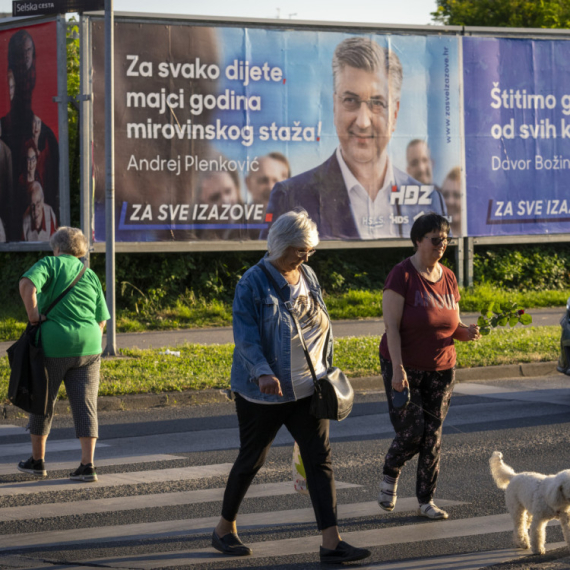

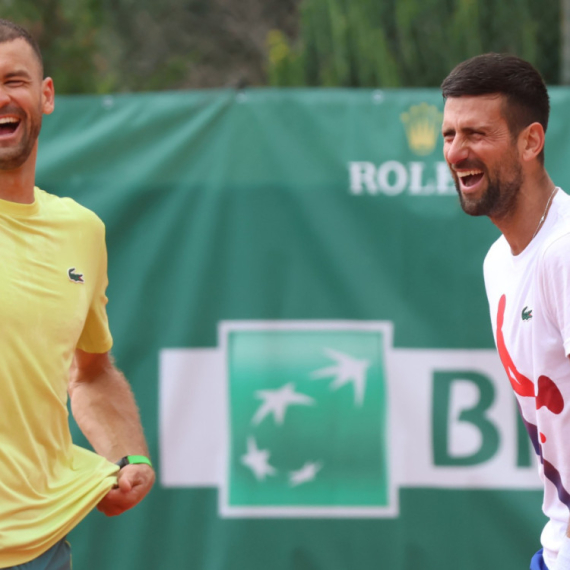




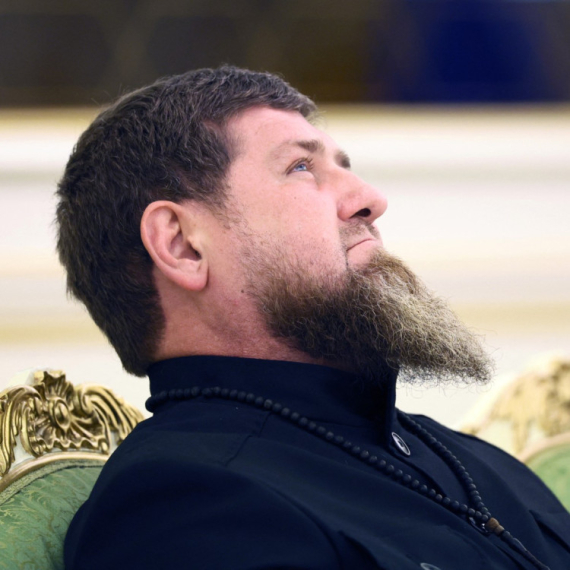



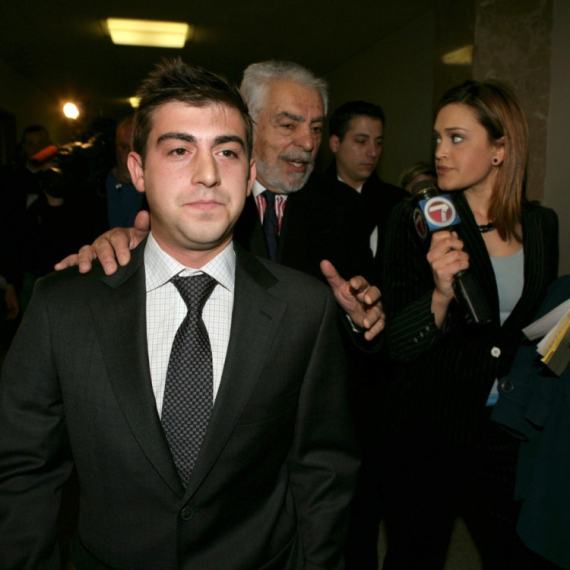




























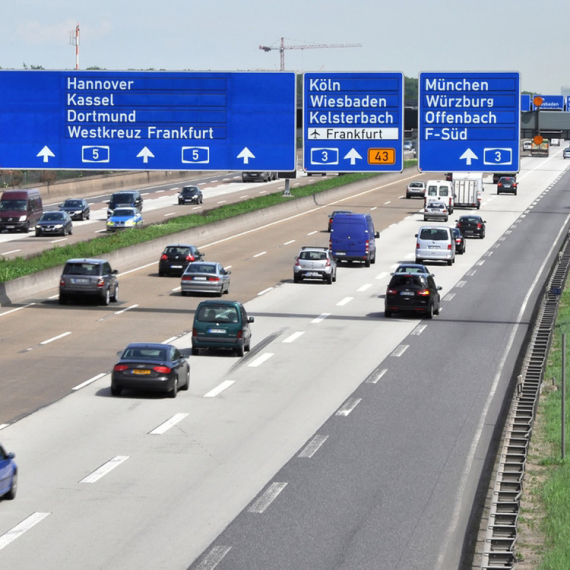







Komentari 16
Pogledaj komentare